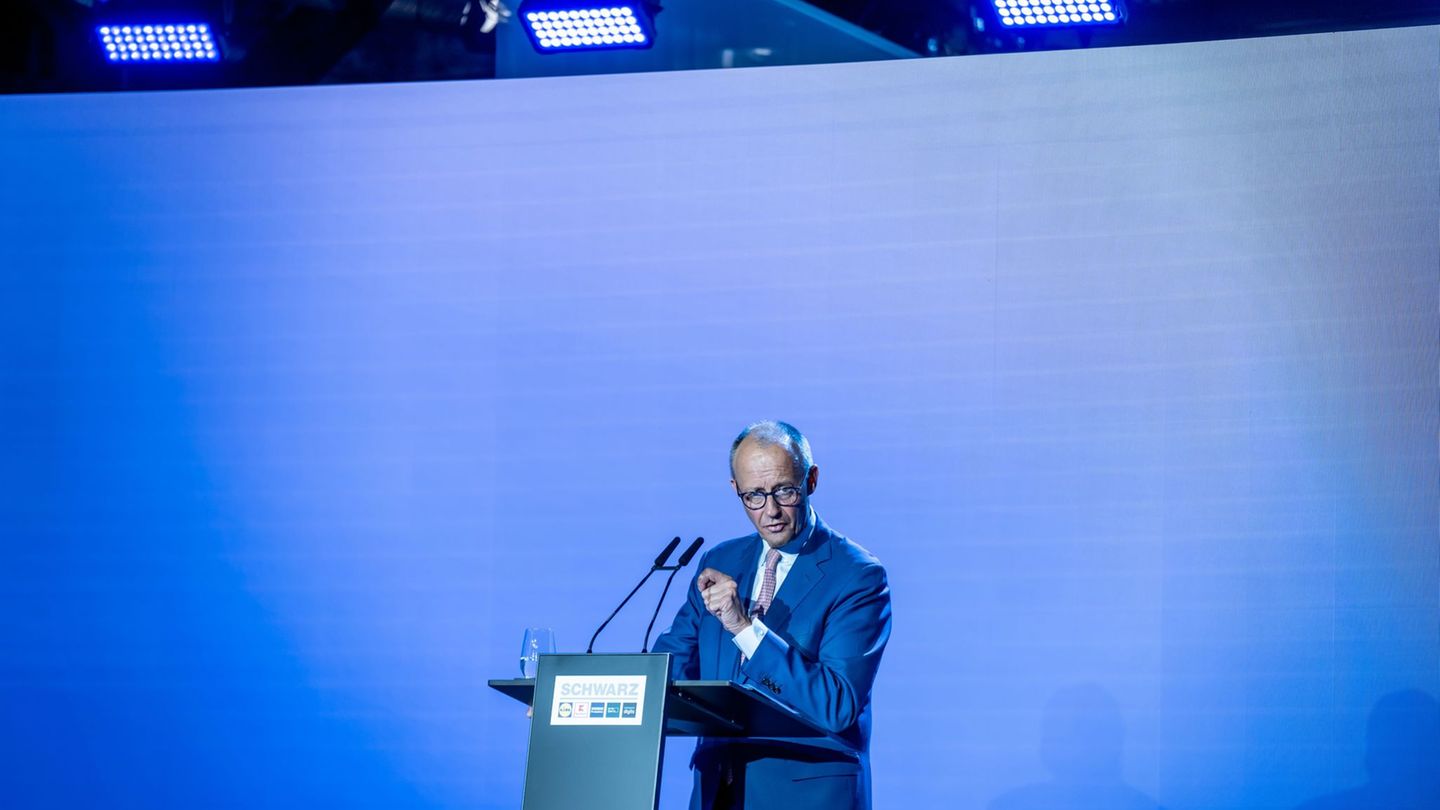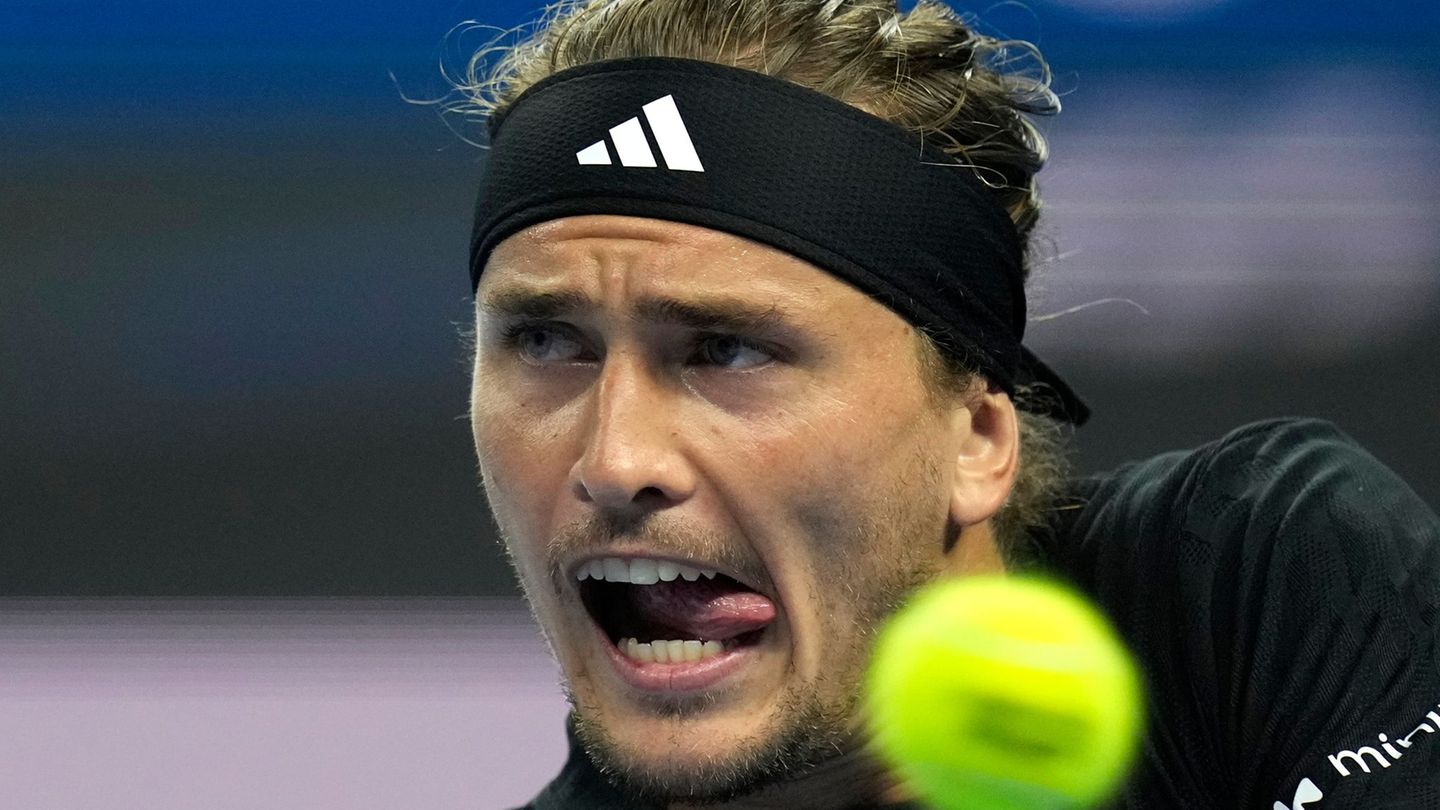British Defense Minister Ben Wallace invited his Russian counterpart Sergei Shoigu to visit London. He announced this on January 17 during a speech in the Parliament of the United Kingdom.
“Today I am extending an invitation to my Russian counterpart Sergei Shoigu to visit London in the coming weeks,” he said.
According to Wallace, the British side is ready to engage in a constructive dialogue in good faith and discuss issues on common security concerns. The Russia-NATO Council has shown that the alliance is ready for dialogue with the Russian Federation on a wide range of issues in the interests of Euro-Atlantic security, he stressed.
As the head of the British Ministry of Defense recalled, Russia is a nuclear power. It should not be afraid of NATO, Ukraine or any other countries. Wallace also spoke about London’s plans to supply Ukraine with light anti-tank defensive weapons.
“We have decided to supply Ukraine with light anti-tank defensive weapons systems. They are not strategic weapons and do not pose a threat to Russia. They are meant to be used in self-defense,” Wallace concluded.
Earlier Monday, in an op-ed for the Times, Wallace said that NATO had not pursued a policy of deliberate eastward expansion, but countries in the region had themselves expressed a desire to join the organization for security reasons.
Earlier Monday, Kremlin spokesman Dmitry Peskov pointed out that Estonia’s call to deploy more NATO forces in the country is proof that Russia is not the cause of the escalating tension. Earlier in the day, Estonian Defense Chancellor Kusti Salm said the country was ready to deploy up to 5,000 troops from the alliance’s rapid reaction force.
Negotiations on security guarantees were held in three stages in January. On January 10, a meeting of the Russian and US delegations took place in Geneva. On January 12, a meeting of the Russia-NATO Council was held in Brussels, and on January 13, consultations ended at the Vienna site of the Organization for Security and Cooperation in Europe.
On December 18, Wallace called it unlikely that NATO would send troops to Ukraine, since it is not a member of the alliance. At the same time, the minister did not specify whether the kingdom would join the United States in arming Ukraine.
On December 17, the Russian Foreign Ministry published draft agreements between Russia, the United States and NATO on security guarantees. It follows from the documents that the alliance must renounce any military activity on the territory of Ukraine and other states of Eastern Europe, Transcaucasia and Central Asia. Also, Russia and NATO must pledge not to create conditions that can be regarded as a threat by the other side.
Source: IZ
Jane Stock is a technology author, who has written for 24 Hours World. She writes about the latest in technology news and trends, and is always on the lookout for new and innovative ways to improve his audience’s experience.




